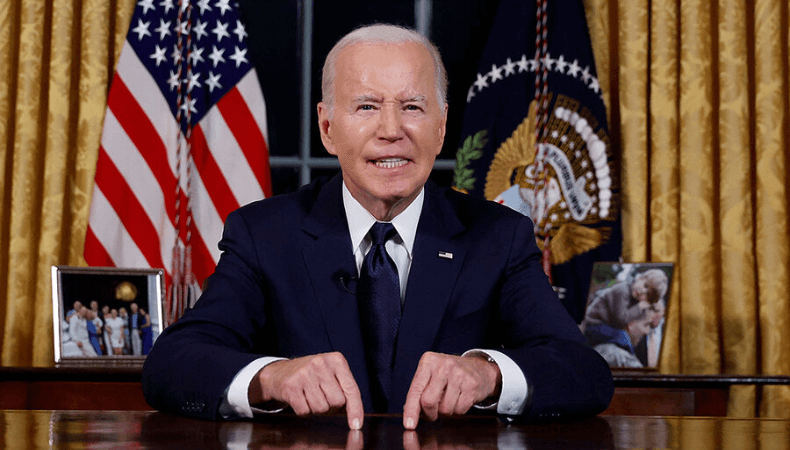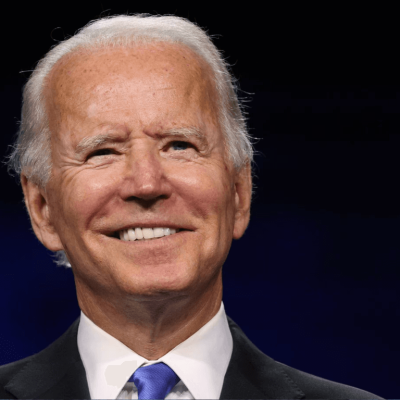How Biden’s Decision to Strike the Houthis Reflects his Strategy and Vision for Iran and the Middle East

President Joe Biden ordered a series of strikes against the Iran-backed Houthi rebels in Yemen on January 11, 2024, in response to their unprecedented attacks on commercial shipping in the Red Sea.
The strikes, which involved U.S. and British warplanes, ships, and submarines, targeted Houthi launch and storage sites for drones, cruise and ballistic missiles. The strikes were part of Operation Prosperity Guardian, a coalition of more than 20 nations that was formed in December 2023 to defend international shipping and deter Houthi attacks in the Red Sea.
The Strategy
Biden’s decision to strike the Houthis was the culmination of a two-pronged strategy that combined diplomacy and military action.
On the diplomatic front, Biden directed his team to push harder for a United Nations resolution to condemn the attacks, which was passed on January 10, 2024, with the support of 13 allies and partners. On the military front, Biden ordered the Pentagon to develop options to strike back at the Houthis, which he approved after the Houthis launched their largest attack to date on January 9, 2024, directly targeting American ships.
Keep Reading
Biden’s strategy was driven by his desire to protect U.S. interests and allies, as well as to uphold the norms and rules that support the unimpeded global trade and the peaceful resolution of disputes in accordance with international law.
Biden also wanted to send a clear message to Iran and its proxies that the U.S. and its partners will not tolerate attacks on their personnel or allow hostile actors to imperil freedom of navigation in one of the world’s most critical commercial routes.
The Vision
Biden’s decision to strike the Houthis also reflected his vision for Iran and the Middle East, which is based on a balance of pressure and engagement, as well as a multilateral and regional approach. Biden has maintained his willingness to rejoin the 2015 nuclear deal with Iran, which he believes is the best way to prevent Iran from acquiring a nuclear weapon and to create a platform for further negotiations on other issues of concern.
However, Biden has also made it clear that he will not lift sanctions on Iran until it returns to full compliance with the deal, and that he will continue to counter Iran’s destabilizing activities and support for terrorism in the region.
Biden has also sought to strengthen his alliances and partnerships in the Middle East, which he views as essential for advancing U.S. interests and values, as well as for promoting regional peace and stability. Biden has reaffirmed his commitment to the security and well-being of Israel, while also supporting its normalization of relations with several Arab states.
Biden has also engaged with Saudi Arabia and the United Arab Emirates, while also urging them to end their involvement in the Yemen war and to improve their human rights records. Biden has also supported the efforts of the United Nations and other actors to end the conflicts and humanitarian crises in Yemen, Syria, Libya, and Iraq.






